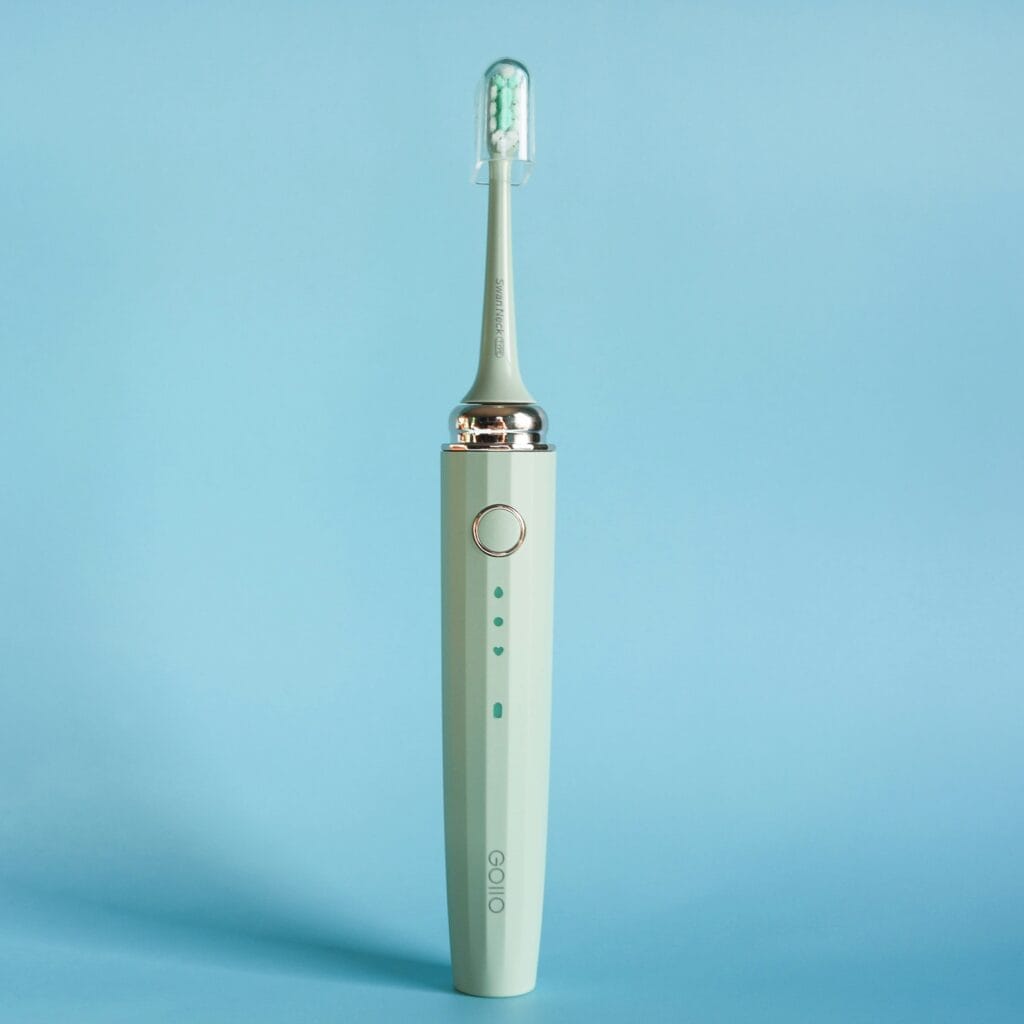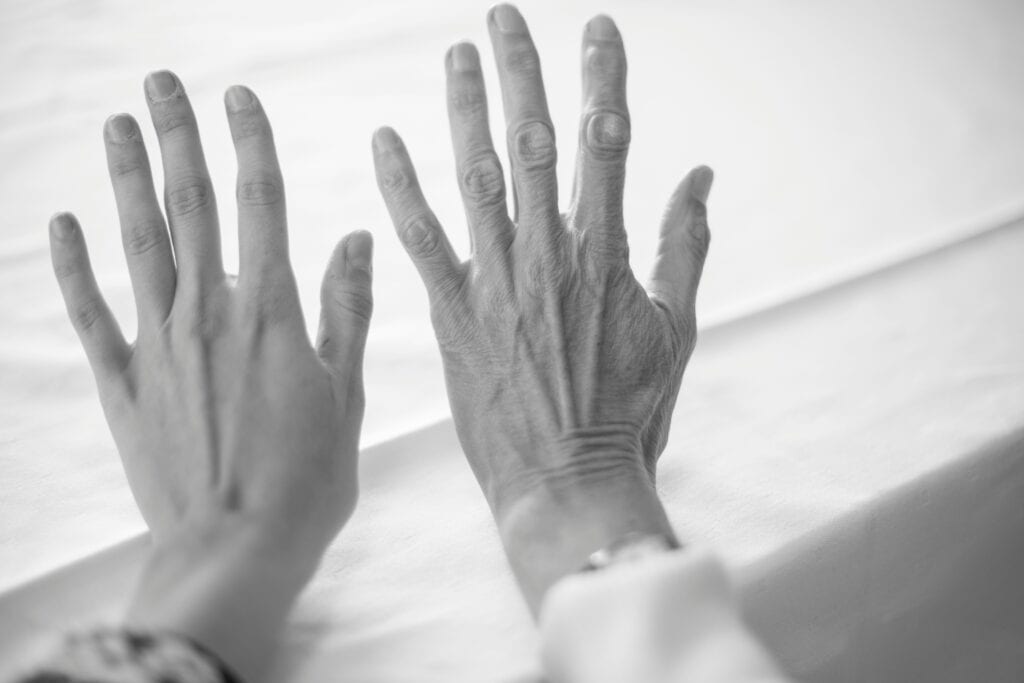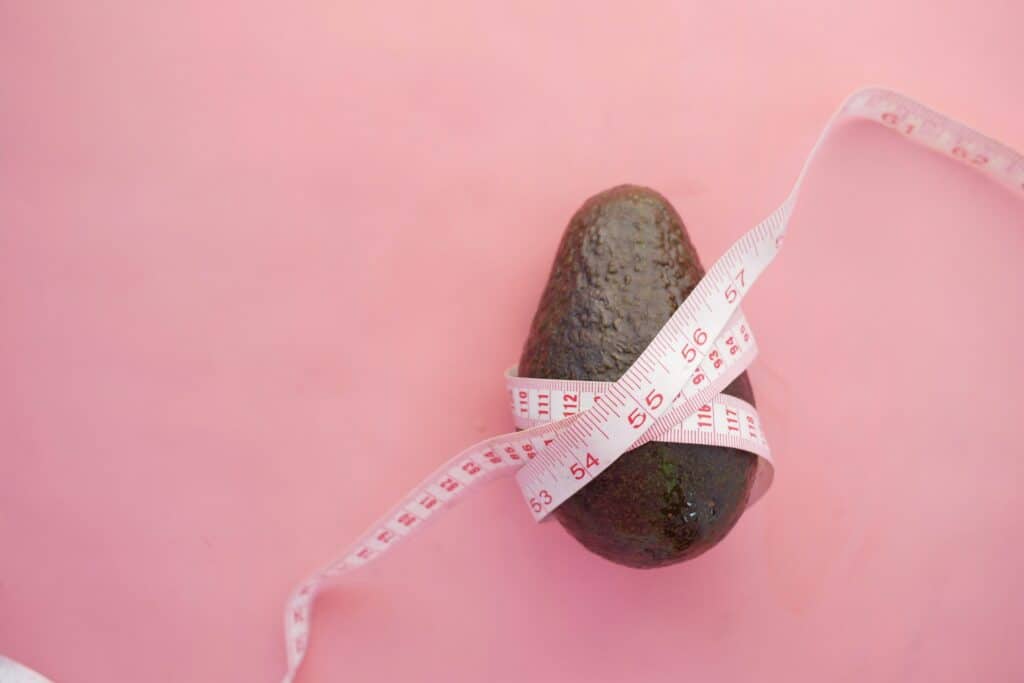Your mouth is more than just a gateway for food—it’s a window into your body’s overall health. Research reveals that what happens in your mouth doesn’t stay there. Poor oral health contributes to serious conditions throughout your body, while good oral hygiene serves as powerful preventive medicine.
The Oral-Systemic Link
Your mouth harbors over 700 species of bacteria. Without proper hygiene, harmful bacteria multiply rapidly, creating infections that spread beyond teeth and gums. When gum disease develops, it creates small wounds in gum tissue, providing direct access for bacteria to enter your bloodstream. Once there, these bacteria and inflammatory proteins travel to distant organs, potentially triggering or worsening various health conditions.
Major Health Conditions Linked to Poor Oral Health
Cardiovascular Disease: People with moderate to severe gum disease face up to 20% higher risk of heart disease. Oral bacteria have been found in arterial plaques, and some can cause blood clots, potentially leading to heart attacks or strokes.
Diabetes: This relationship is bidirectional—diabetes increases susceptibility to gum disease, while serious gum infections impair blood sugar control. Treating gum disease in diabetics can improve glycemic control and potentially reduce medication needs.
Respiratory Infections: Bacteria from infected teeth and gums can be inhaled into the lungs, causing pneumonia or worsening conditions like COPD, particularly in elderly or immunocompromised individuals.
Pregnancy Complications: Women with periodontal disease face a significantly higher risk of delivering preterm, low-birth-weight babies. Inflammatory compounds and bacteria can reach the placenta, potentially triggering premature labor.
Cognitive Decline: Adults with tooth loss and gum disease face a higher risk of dementia. Oral bacteria have been detected in Alzheimer’s patients’ brains, and chronic inflammation may contribute to neuronal damage.
Other Conditions: Poor oral health is also linked to rheumatoid arthritis, certain cancers, kidney disease, and osteoporosis.
The Benefits of Good Oral Hygiene
Maintaining excellent oral hygiene reduces systemic inflammation, decreases bacterial load on your immune system, and can improve blood sugar control. It may lower your risk of heart disease and stroke, reduce pregnancy complications, and help preserve cognitive function. Good oral health also maintains proper nutrition by preserving your ability to chew effectively.
The Bottom Line
Oral health is inseparable from overall health. Most oral diseases are preventable through simple daily actions and regular professional care. The economic impact is significant too—preventive care costs far less than treating advanced disease or systemic complications.
Your oral hygiene routine isn’t just about preventing cavities—it’s a vital investment in your entire body’s well-being. Every positive step toward better oral hygiene is a step toward better overall health.
Essential Oral Hygiene Tips: Your Daily Guide to Better Health Daily Care Routine
Daily Care
- Brushing: Brush at least twice daily for two full minutes using a soft-bristled brush. Pay special attention to the gumline where bacteria accumulate.
- Flossing: Floss daily to remove plaque between teeth where brushes can’t reach. This is crucial—gum disease often starts between teeth.
- Mouthwash: Consider antimicrobial mouthwash to reduce bacteria, but don’t use it as a replacement for brushing and flossing.
Professional Care
- Schedule dental cleanings and check-ups. (Whether you want to follow dentist recommendations for 2X/year is up to you, but do this on a regular schedule.)
- Get annual X-rays to detect hidden problems early.
- Seek immediate care for bleeding gums, persistent bad breath, or loose teeth.
Warning signs
- Bleeding during brushing or flossing
- Persistent bad breath or taste
- Receding gums or teeth appearing longer
- Loose or shifting teeth
- Mouth sores lasting over two weeks
- Jaw pain or clicking
Other tips
- Replace your toothbrush every 3-4 months or after illness
- Use an electric toothbrush for more effective plaque removal
- Chew sugar-free gum after meals to stimulate saliva
- Don’t brush immediately after consuming acidic foods—wait 30 minutes
- Consider a water flosser if traditional flossing is difficult
- Use a tongue scraper to reduce bacteria and freshen breath
- Remember: Prevention costs far less than treatment. These simple daily habits are investments in both your oral and overall health.










